Challenge accepted: Leveling the playing field in science education
ASU receives $1 million to create more inclusive science program
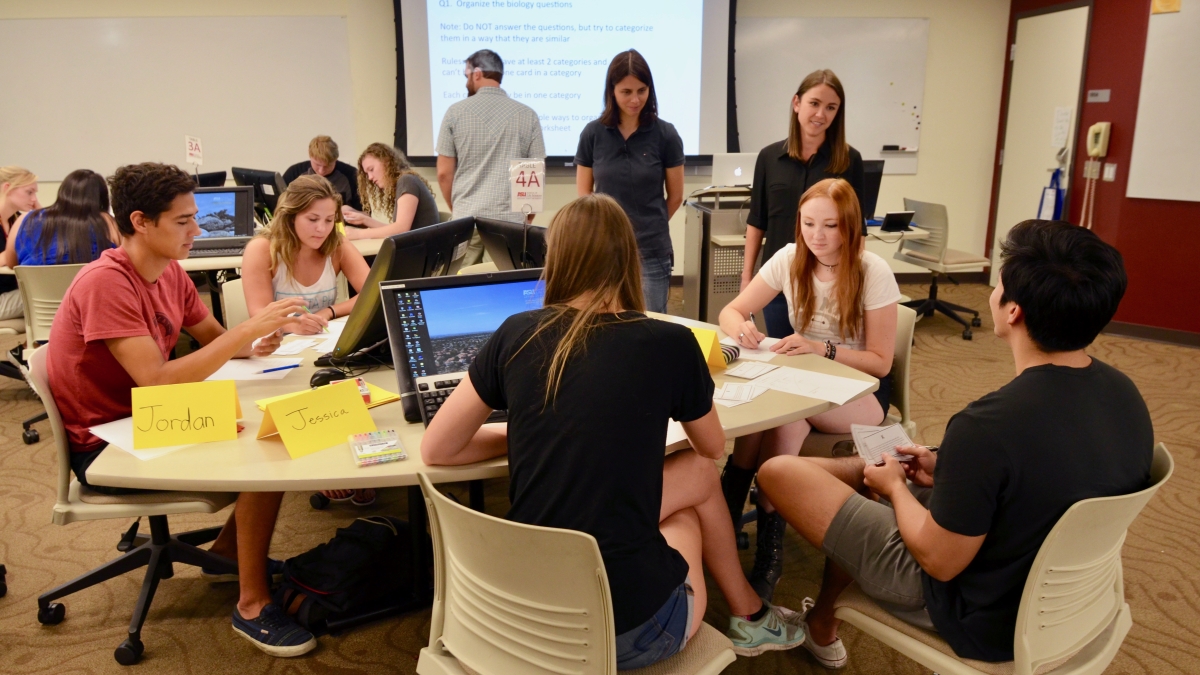
ASU will receive $1 million from the Howard Hughes Medical Institute to create a more inclusive science program.
In college, science is often seen as an exclusive field — one reserved only for exceptionally bright students. And for decades, academic leaders in higher education have used introductory science courses to “weed out” the so-called “unqualified” students.
But the rules are changing, and the playing field is leveling out.
Arizona State University, along with 56 other schools, will receive $1 million in grant support over five years from the Howard Hughes Medical Institute (HHMI) to engage in a process of culture change and work toward including all students in science learning, regardless of background.
“We know that student success is tied closely to feeling included in the scholarly life of ASU,” said James P. Collins, a professor with the School of Life Sciences and the lead investigator for the grant. “Our aim is to transition students from high school thinking to university thinking by creating a culture of inclusion. This will help students develop critical-thinking skills focused on ‘big picture’ questions rather than simple, test-driven content mastery.”
Each participating university will launch its own program to support the institute’s “Inclusive Excellence” initiative, which aims to catalyze schools’ efforts to include all students in science, especially underrepresented ethnic minorities, first-generation college students and working adults with families.
ASU will begin by working with a diverse group of science faculty members to create a series of digital learning modules. These online tools, called “Exploration Experiences,” will be built around each faculty member’s research area and will serve curricular and developmental goals for first-year students. All first-year students in the College of Liberal Arts and Sciences will be required to use these modules during ASU 101, a required course for new students.
“This means that the impact of this program will be at scale — creating a place for all of our new students to reflect on what college entails and a metacognitive understanding of the types of discovery that will happen in each of their specific majors,” said Paul LePore, associate dean of student and academic programs at the college.
“For the thousands of high school students exploring what majors might be right for them, this program will let them take a deep dive into the wide range of majors our college has to offer. In no small way, these efforts will offer prospective students and their families an unparalleled recruiting tool — accelerating the transition that successful students must make from just attending ASU to becoming members of the dynamic learning communities that exist within each of our undergraduate programs,” he added.
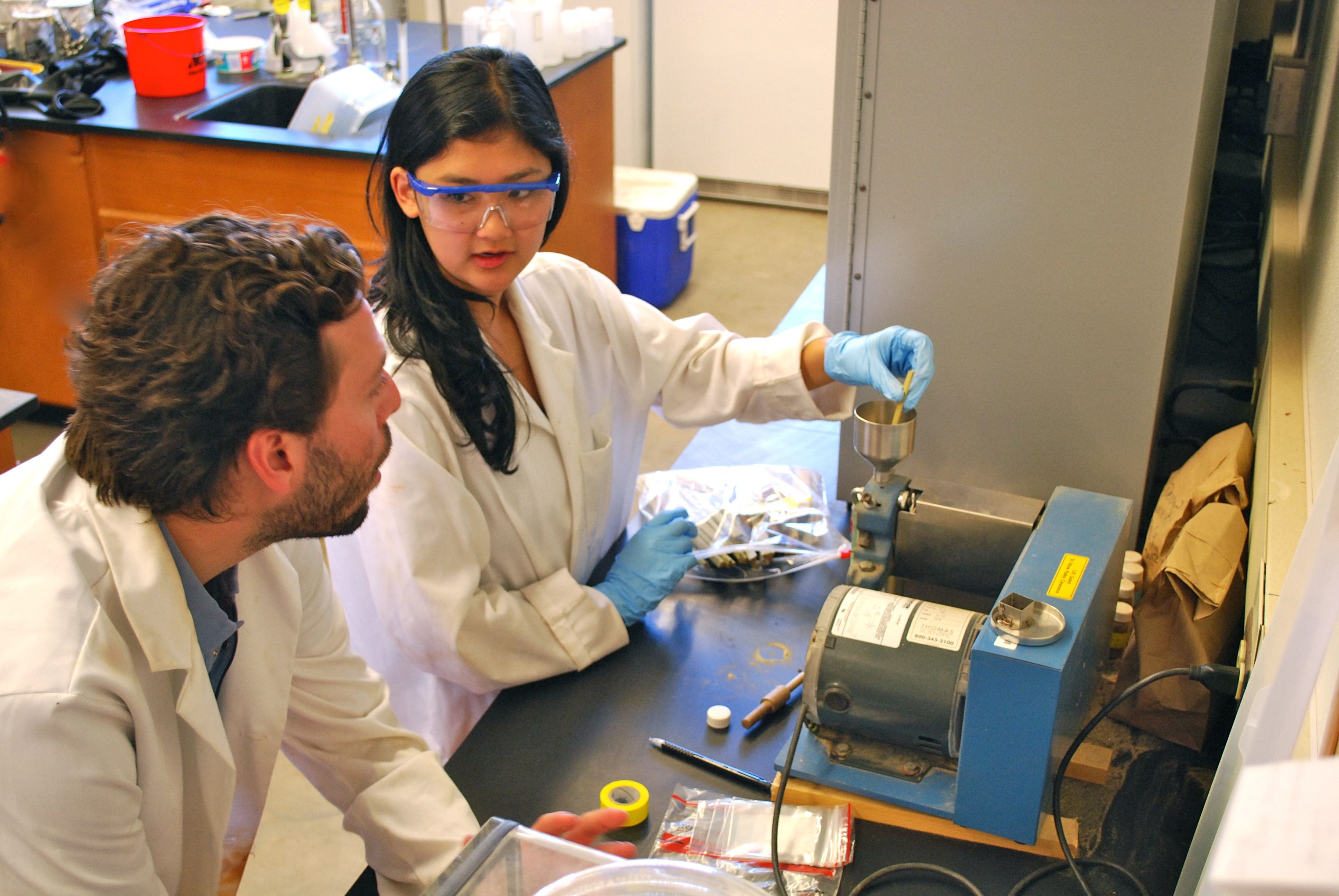
With this grant, ASU will develop new, online learning modules that will allow students to explore majors and develop critical thinking skills. Photo by Sandra Leander/ASU
Although ASU is well-known as a leader in enrolling diverse and underserved student populations, one area where Collins and his team believe improvements can be made is in ensuring that these students succeed in their college experience. The team aims to help faculty members embrace a more inclusive style of teaching, where instructors understand their responsibility to help diverse students succeed.
By teaching faculty members how to use new technologies that foster interactivity and adaptivity to student needs, they will be empowered to build experiences that meet students at their own learning levels and tutor them to succeed at their own pace.
Ariel Anbar, a professor with ASU’s School of Earth and Space Exploration, said: “The education technology revolution is creating powerful new ways to draw new students into the diversity of people, thought, experience and opportunity available at a research university like ASU. Finding a way to do that early is important for everyone, and especially for students who are the first in their families to go to college.” Anbar, director of the Center for Education Through eXploration at ASU, will lead the development of the Exploration Experiences.
Sara Brownell, a biology education researcher and associate professor with the School of Life Sciences, will be the lead for assessing the impact of the program.
“We hope to collect data to help us make evidence-based decisions about how to make our undergraduate science programs more inclusive,” Brownell said.
Each participating school will work with HHMI and the Association of American Colleges and Universities to evaluate progress and refine approaches as necessary. In addition, the grantees will learn from each other by working in clusters of four to five schools. Ultimately, HHMI hopes the schools will discover strategies for making meaningful and lasting change that can be adopted by other institutions.
More Science and technology
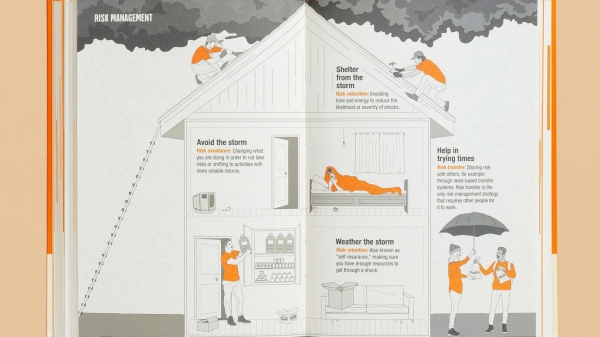
ASU author puts the fun in preparing for the apocalypse
The idea of an apocalypse was once only the stuff of science fiction — like in “Dawn of the Dead” or “I Am Legend.” However…
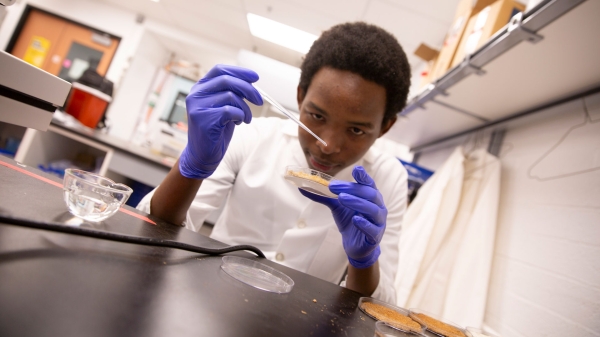
Meet student researchers solving real-world challenges
Developing sustainable solar energy solutions, deploying fungi to support soils affected by wildfire, making space education more…
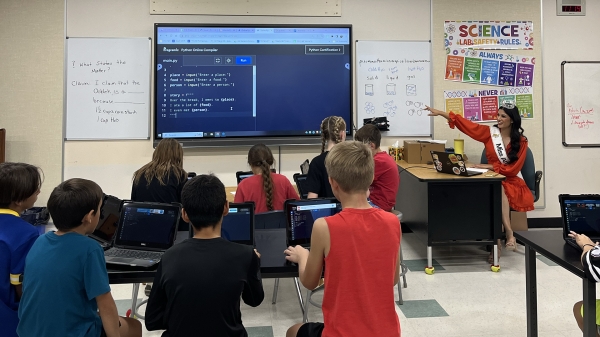
Miss Arizona, computer science major wants to inspire children to combine code and creativity
Editor’s note: This story is part of a series of profiles of notable spring 2024 graduates. “It’s bittersweet.” That’s how…